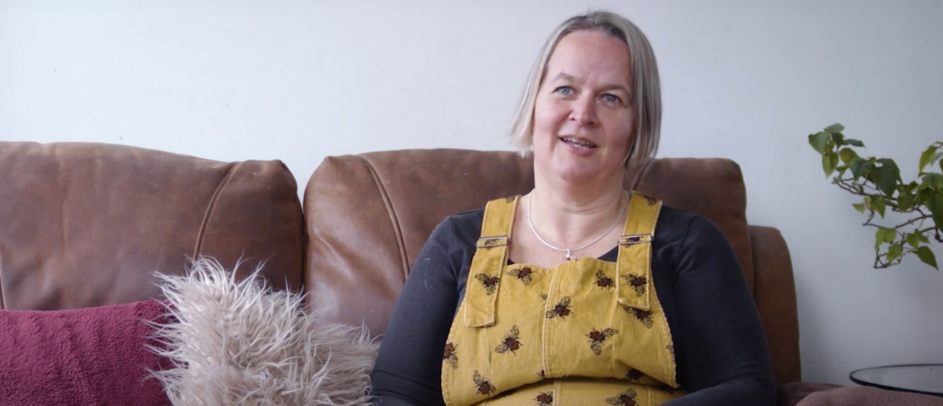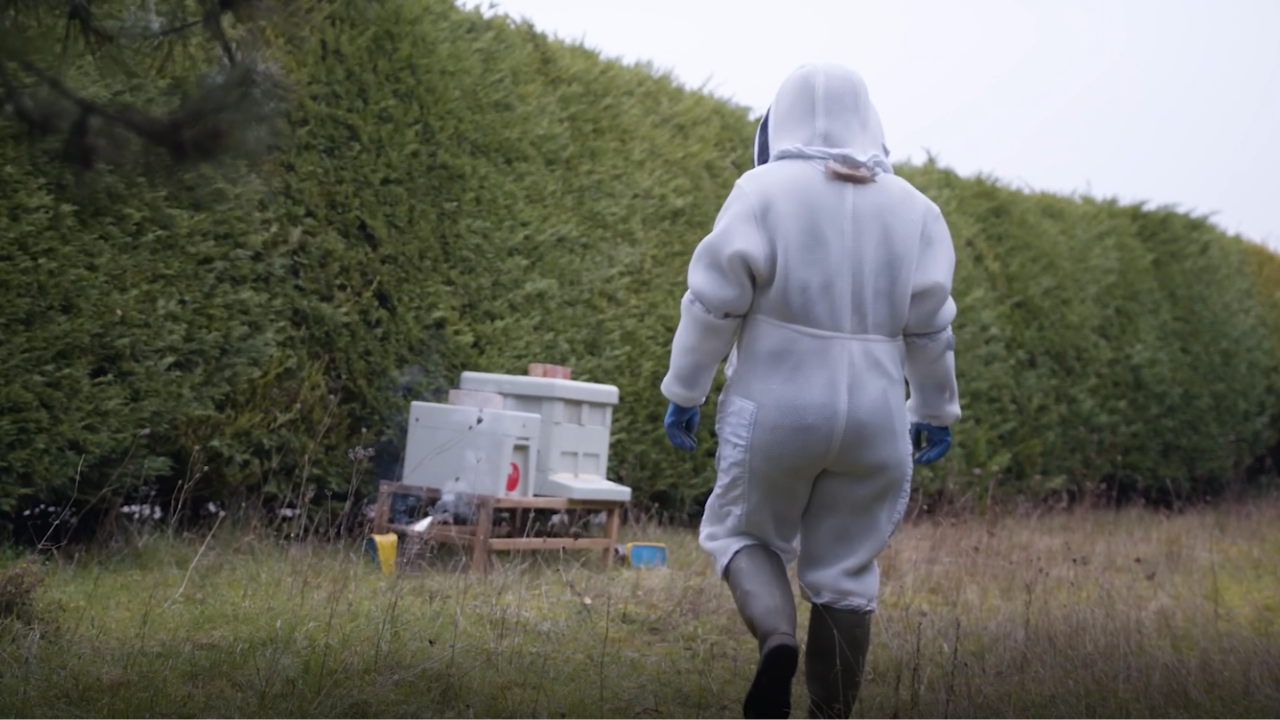Allergies can appear at any age
It is a common misconception that you’re born with allergy or that they appear in childhood. In fact, almost 50% of adults with food allergies develop them later in life.
Allergies can appear at any age – during childhood, puberty, pregnancy or even later in life. Believing that allergies mainly start in childhood could mean that symptoms of allergy can be overlooked or mistaken for something else, delaying diagnosis and treatment.
That’s why for Allergy Awareness Week 2025, we’re launching our new campaign – ‘I Wish I Knew’.
Our aim is to ensure anyone who may be affected by allergy one day can recognise symptoms early and seek support to control and manage their allergy. The right knowledge at the right time can change the course of an allergy journey.
Find our more about our campaign

 Helpline
Helpline
